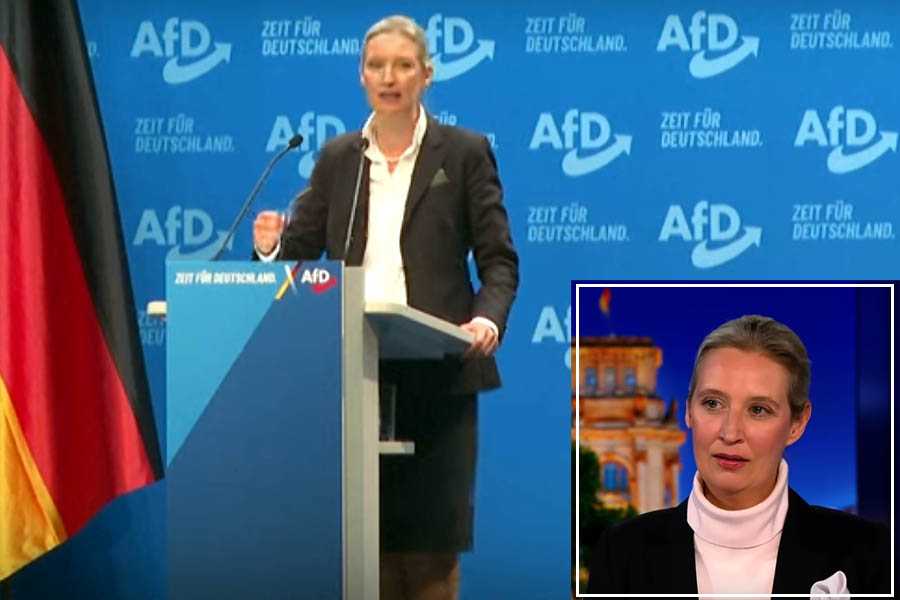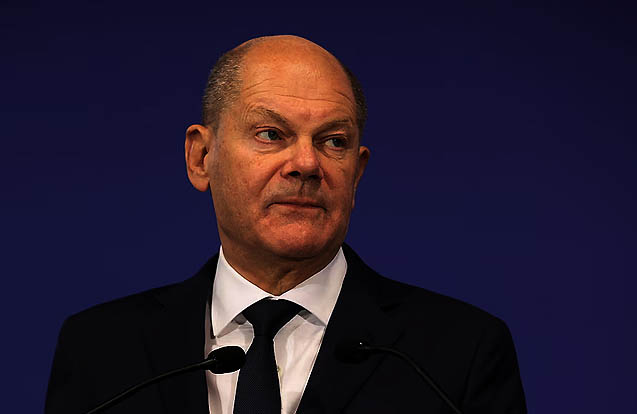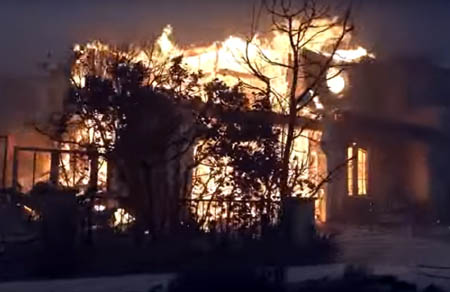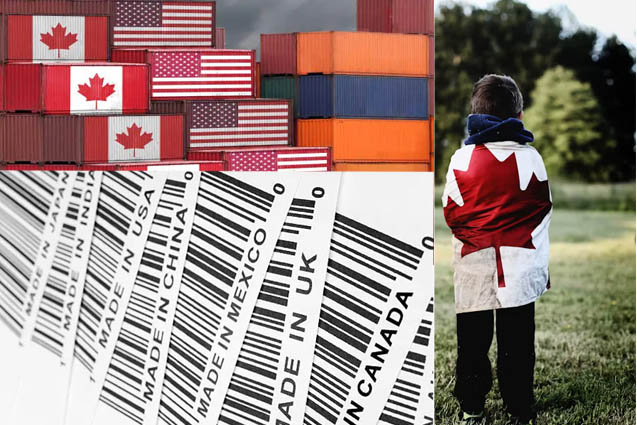A Manifesto of Controversy: AfD’s Vision for Germany
The AfD's newly unveiled manifesto reads like a political earthquake. Advocating for “remigration,” the party promises to deport masses of migrants, a term deeply rooted in far-right ideology. It also pledges to abolish the euro and reinstate the Deutschmark, dismantle the energy transition, and withdraw from EU climate policies. With a hardline approach to border control, including a complete exit from the EU asylum system, the AfD has weaponized nationalism to unprecedented levels.
In a bold move, the party disbanded its radical youth wing, Junge Alternative, replacing it with a more “strategic” organization. Critics argue this rebranding masks an intensification of extremist agendas. Despite its second-place polling at 22%, the AfD remains isolated, as all major parties have ruled out coalitions with it. Still, the party’s influence is undeniable, shaping debates and forcing rivals to respond to its populist rhetoric.
The Protest Wave: Civil Society Pushes Back
AfD’s convention in Saxony was met with a fierce backlash. Over 10,000 demonstrators descended on Riesa, delaying the event by hours. Protesters denounced the party’s platform as a direct threat to democracy, chanting slogans against racism and xenophobia. Police clashes, including one involving a left-wing politician, highlighted the intensity of Germany's fractured political landscape.
Mainstream Politics in Crisis: Can the Center Hold?
Germany’s mainstream parties find themselves in a precarious position. The CDU/CSU alliance, led by Friedrich Merz, clings to a slim lead at 30%. Promising a “demand more, support less” welfare policy and stronger border controls, the alliance hopes to rally conservative voters. Yet, its drop in popularity reflects growing voter disillusionment with the political establishment.
Chancellor Olaf Scholz's Social Democrats (SPD) face a steep uphill battle, polling at a meager 14%-17%. Scholz’s leadership has come under fire following the collapse of his coalition government. His steadfast refusal to send long-range missiles to Ukraine and his restrained economic policies have drawn criticism from both domestic and international audiences. Scholz, however, remains resolute, promising to steer Germany with “pragmatism and responsibility.”
Emerging Players: The BSW’s Challenge to the Status Quo
The left-conservative Bündnis Sahra Wagenknecht (BSW) is a wildcard in this election. Founded by ex-communist Sahra Wagenknecht, the party campaigns on a platform of withdrawing U.S. military influence and blocking Ukraine’s EU accession. With polling hovering around 5%, the BSW has the potential to disrupt the parliamentary balance, provided it crosses the electoral threshold.
Energy Wars and Elon Musk’s Endorsement
Energy policy has become a battlefield. The AfD proposes reopening coal-fired power plants and abandoning wind energy projects, painting itself as the savior of Germany’s energy independence. The party’s ties to Elon Musk, who endorsed its platform and hosted a live chat with co-leader Alice Weidel, have added fuel to the fire. Musk’s comments, ranging from Mars colonization to a critique of climate ideology, have emboldened AfD’s narrative while sparking global debate.
The High-Stakes Gamble for Germany’s Future
As Germany approaches February 23, the stakes could not be higher. The election is more than a domestic contest; it is a referendum on Europe’s political direction. Will Germany reject the far-right’s vision and reaffirm its commitment to liberal democracy, or will it succumb to the populist wave reshaping the continent?
The choice lies in the hands of millions of voters. Whatever the outcome, the ripple effects will be felt far beyond Germany’s borders, setting the stage for a new chapter in European and global politics.
February 23, 2025 "German Elections Date" Closer Now
Germany’s election is a moment of reckoning. With the rise of far-right rhetoric, the resilience of centrist parties, and the emergence of disruptive newcomers, the political landscape is more polarized than ever. As the world watches, Germany faces a critical question: will it safeguard its democratic values or take a leap into the unknown? The answer will shape the destiny of Europe’s most influential nation.






